Last Updated on July 30, 2021
PLOT: In 19th century Snowdonia, Wales, a young girl named Gwen must protect her family farm from an encroaching mining company while dealing with her mother’s mysterious illness and father’s unexplained absence.
REVIEW: Elevated folk-horror tales are a chic endeavor these days, thanks in large part to the unshakable hold of Robert Eggers’ THE WITCH and Ari Aster’s MIDSOMMAR. Tilling similar territory, although with far shallower depths and therefore less satisfaction, is William McGregor’s feature debut GWEN (WATCH IT HERE), a foggy and groggy affair whose tonal austerity and mirthless atmosphere amounts to more of a maddening mood-piece than an outright frightener. In a way, the movie is less of a horror flick than it is a granular character study of a young woman whose lot in life is inherently horrific. There’s a difference. That is, the antagonistic forces in the film needn’t be monsters, demons, witches, serial killers, or any other evil phenomena we typically associate with the horror template. Uh unh, the punishing terror beset on the title character comes from the specific time – the 1800s – and place – mountain-bound Snowdonia – in which she faultlessly finds herself consigned to. In this regard, McGregor banks the requisite amount of sympathy for us to side and ride with GWEN to the end, even if only a few hairy moments can be spotted in the craftily slow-simmered dish. The pungent taste is there, but GWEN hasn’t quite the rich depth of flavor of its game-changing folk-horror contemporaries. Still, it’s worth consuming when it opens in limited theaters on August 16th.

Even before a single image appears onscreen, we’re gripped by the off-screen whip of a hypnotic gale, the aural tensions of which establish an ominous, omnipresent tone that will carry throughout. It’s here, in immediately creating and maintaining the gloomy mood and crawling atmospheric dread, which McGregor excels at most in the movie. We meet Gwen (Eleanor Worthington-Cox), the eldest daughter of strict matron Elen (Maxine Peake) and older sister of demure Mari (Jodie Innes); the three of which live on a sheep and vegetable farm left behind by the unnamed father and husband (Dyfrig Evans). The 19th century environment in Snowdonia, Wales is brutal and unforgiving, inundated by an impenetrably dense and drab scrim of fog and incessant wind. It’s cold, cruel, glum and monochromatically grey. As Gwen desperately awaits her father’s return, she performs menial chores such as herding sheep, collecting potatoes, tending to the horses, etc. A nearby mining company led by the oily Mr. Wynne (Mark Lewis Jones) wishes to obtain their plot of land, which they can barely afford any longer. Gwen is put in an even more unenviable bind when her flock of sheep are mysteriously slaughtered without a trace one night, and tasked with holding down the fort when the wretched Elen suddenly falls ill to a rash of spastic seizures. Are Gwen and her family suffering a stint of bad luck or is something more sinister at work?
Frankly, this mystery is ultimately less interesting than initially posed, as the film almost plays like one giant suspenseful staircase to nowhere. A sturdily built and beautifully adorned staircase, but dead-ended nonetheless. Instead, what’s most fascinating about GWEN – beyond the plausibly unpleasant time-and-place McGregor confidently plops us into – is the sympathetic examination of the title character herself. Whether the threats Gwen is subjected to are real or ethereal, as Elen begins to self-flagellate out of fever or possession, it becomes clearer and clearer as the film unfolds that she’s grappling with the loss of her father; as evidenced by a recurring flashback of the one time in her life her entire family seemed happy and full of smiles. The movie functions best as a meditation on grief, pain, memory; with the true terror of the movie deriving from the hardscrabble existence Gwen is forced to endure on the under-civilized frontier. At one point Gwen is tasked with overtaking the family business in order to sell their ever-dwindling crops. Her sojourn into town is rough enough, but her failure to sell produce and provide for young Mari and ailing Elen wears on her psyche and preys on our sympathies in the process. Later, there’s a heartbreaking scene involving Gwen’s horse that is not only among the movies most disturbingly memorable moments, but again mounts more sympathy for the title character in a way that feels deserved.
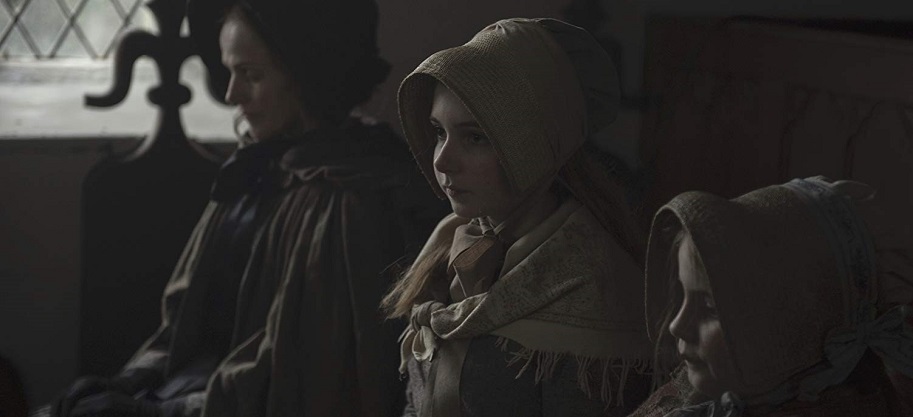
Still, such sympathies wouldn’t register nearly as deeply without the ensorcelling performance of Worthington-Cox as Gwen. The English TV actor who debuted as young Aurora in MALEFICENT back in 2014 commands the screen here as a young girl torn between the loyalties of her afflicted mother and memory of her absent father, doing so while doggedly protecting her younger sister at all costs. It’s the kind of performance that speaks greater between the lines than through them, and for a young actor leading a small, £2 million first-feature, Worthington-Cox is more than up to the task. So too is DP Adam Etherington, who McGregor has returned to elongate GWEN from their collaborative 2009 short-film WHO’S AFRAID OF THE WATER SPRITE, a title infinitely better than this here listless renaming. Indeed, the visual texture and central performance of the film are greater than the sum of its plot, the single-note of which takes a back seat to the viscerally lived-in character study of a young girl’s harsh and oppressive existence. More than any sort of monstrous foe or supernatural sway, it’s the horrific conditions in which GWEN finds herself that film is at its most effective.



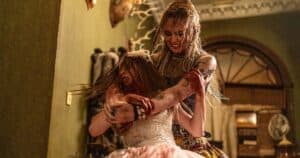

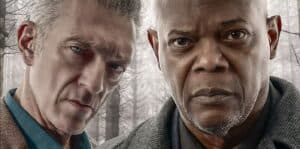





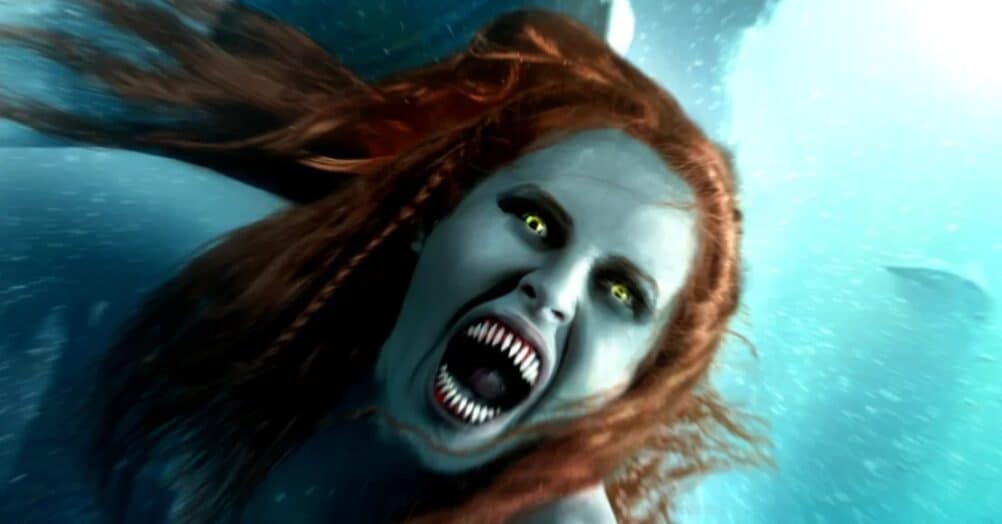
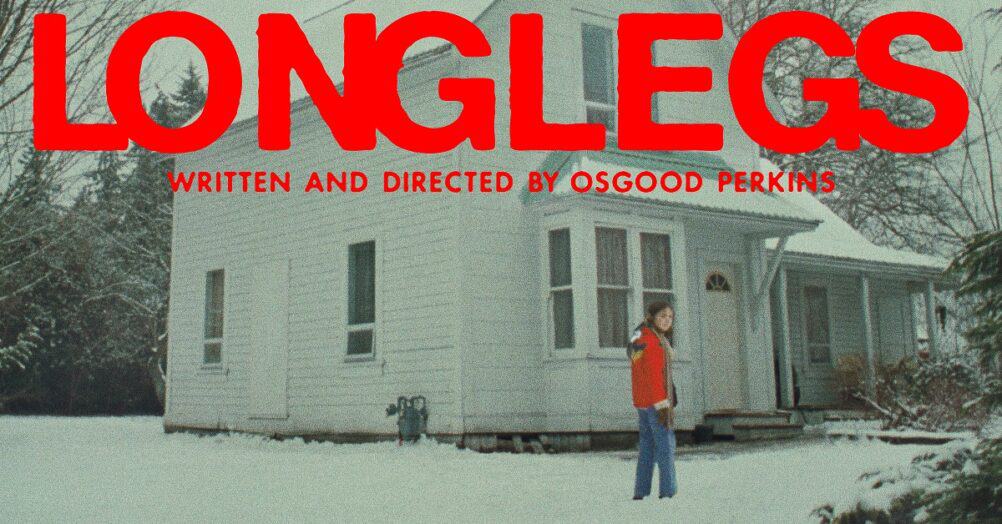
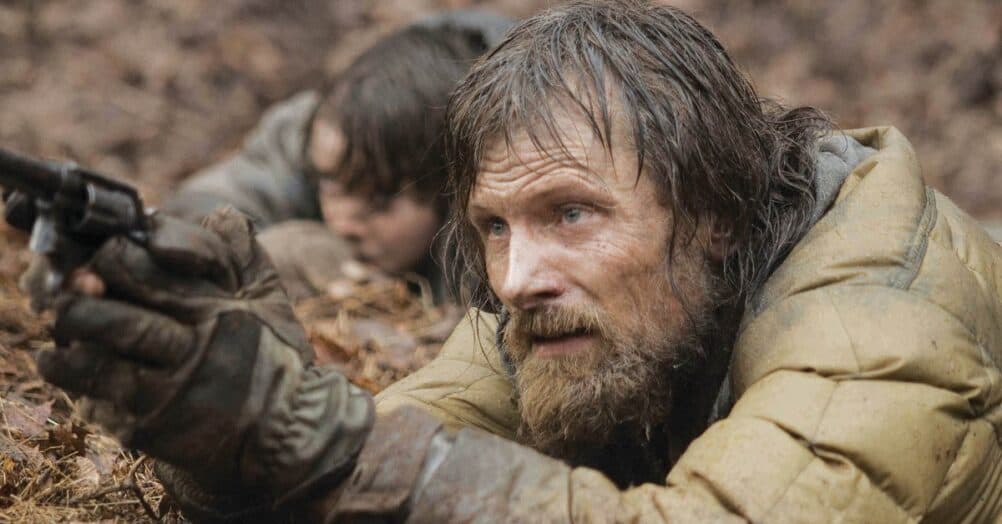
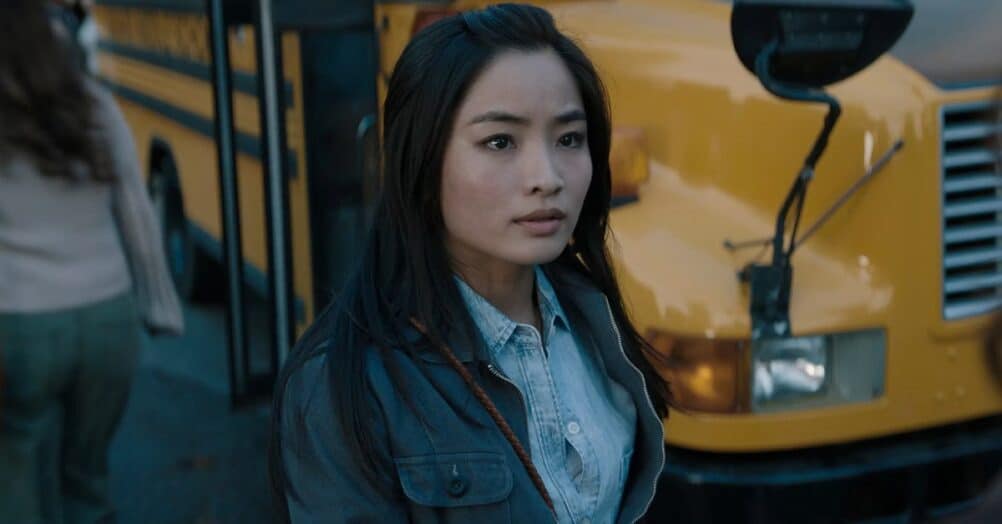

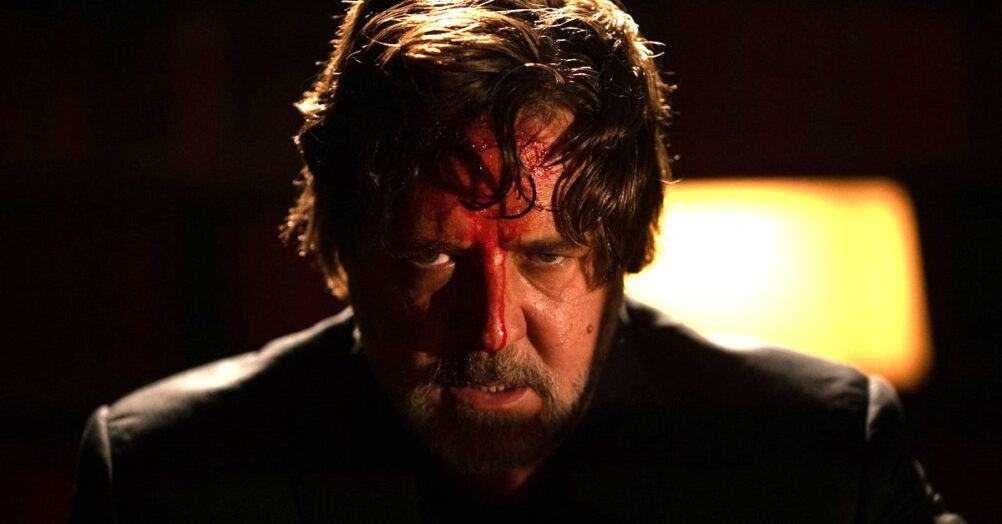
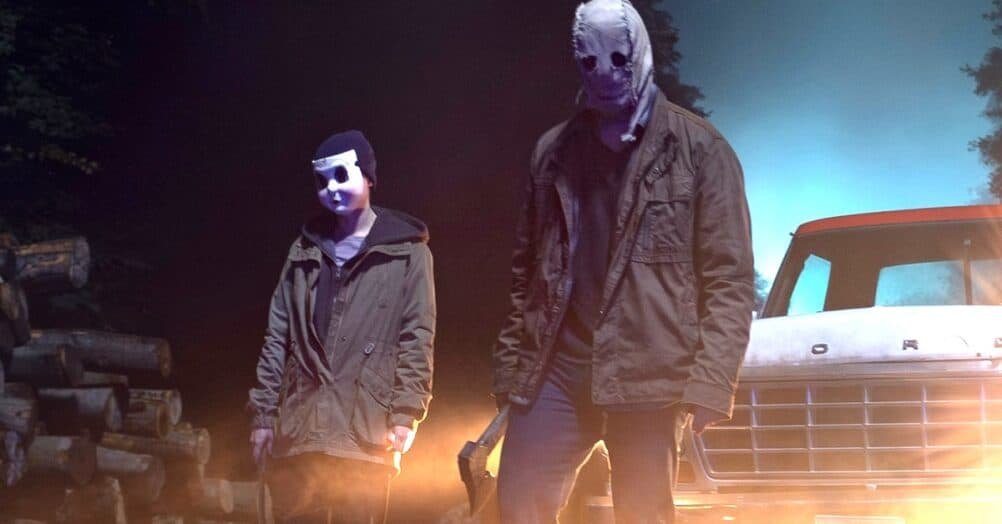

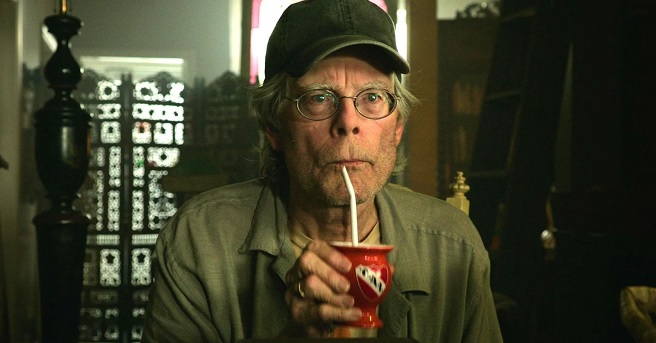
Follow the JOBLO MOVIE NETWORK
Follow us on YOUTUBE
Follow ARROW IN THE HEAD
Follow AITH on YOUTUBE